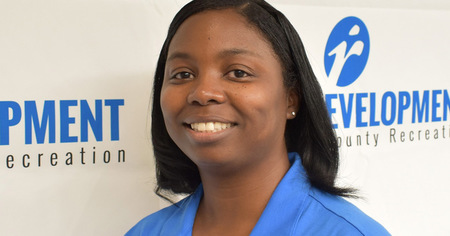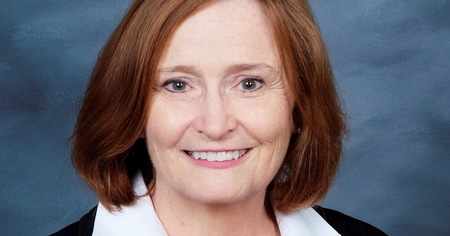Yukl (2002) recommended the following 4 "I"s to transform followers into leaders:
- Intellectual stimulation. This increases follower awareness of problems and influences followers to view problems from a new perspective.
- Inspirational motivation. Communicating an appealing vision, using symbols to focus effort, and modeling appropriate behaviors.
- Idealized influence. Provokes strong follower emotions and identification with the leader.
- Individualized consideration. Providing support, encouragement, and coaching to followers.
Intellectual Stimulation
To develop future leaders in the OST field, staff (followers in the theory described previously) need opportunities to identify and solve problems. If staff notice that something in your program is not working or find a way to make your program better, listen to staff, encourage them to find the solution, and empower them to implement it, if possible.
Inspirational Motivation
Staff also need to buy into the mission and vision of OST programs. If staff are not there because they care about improving youth outcomes and providing a safe, fun place to learn outside of the school day, then staff will probably not become the future leaders of the OST field. A belief in the mission and vision of what organizations do comes from above. If you communicate how important OST is in the development of young people and how much you care about your work, staff will see this and be motivated to work hard to make your program great.
Idealized Influence
Good leadership starts from the top (seeing a pattern here?). If you complain about parents, youth, what you are required to do, and grant mandates, your staff will complain too. Leading by example is effective. Try to refrain from complaining about that new requirement your program has to adhere to or that parent that won't engage in the program. Try to keep things positive and save the venting for a fellow leader or your partner.
Individualized Consideration
Finally, supporting your staff in pursuing opportunities to become leaders is key to growing the future leaders in OST. Do you have a staff member who writes amazing lesson plans? Perhaps that staff member could take on the role of a "lesson plan reviewer" for your team and provide additional coaching and support to other staff. Do you have a staff member that is a wiz at behavior management? Perhaps that staff member can be the "behavior management specialist" and can be part of all plans to address difficult behaviors. If you identify your staff's strengths, encourage and support them to develop strengths, and coach them along the way, you are grooming the next director or program administrator in your community.
Staff are the future of the field. As leaders in OST, we all have the responsibility to nurture and provide opportunities for staff to become successful leaders. If we all do our part to develop the staff in our local programs, larger youth development organizations, statewide networks, and national membership organizations, the OST field will have leaders who can continue to transform the field to serve the future of our world.
Written by Melissa Fenton, Extension Educator for Click2SciencePD and a 2017 NAA Next Gen Leader. Melissa holds a Master of Applied Science degree from the University of Nebraska-Lincoln with a specialization in leadership education and a Bachelor of Science degree from the University of Nebraska-Lincoln majoring in Child, Youth and Family Studies.
This article was originally published on click2sciencepd.org.
References
Yukl, G. A. (2002). Leadership in organizations (6th ed.).Englewood Cliffs, NJ: Prentice Hall.




